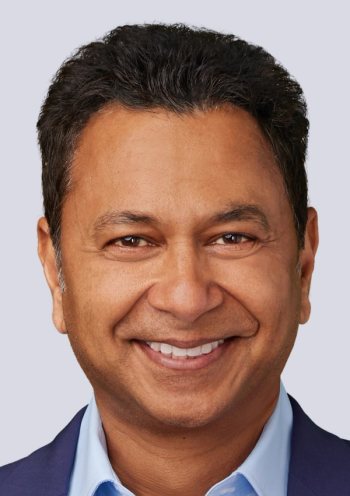
Games for health have become serious opportunities for plans
Healthcare gaming has made progress in the past year by allowing consumers to engage in health via mobile devices.
Key Points
THE OFFICE of the National Coordinator for Health IT (ONC) is has been leading the discussion about healthcare gaming-that is, using electronic games to engage consumers in learning about health and acting on health information. In fact, ONC participated in a gaming conference in June to advocate for gaming's potential.
There is a growing business case for health plans to consider the gaming strategy.
Ricciardi says that the overall market for electronic game hardware and software this year is expected to reach $68 billion-of which $6.6 billion is attributed to health-related games. She sees this growth as an opportunity for engagement.
"There is data to show that people who are engaged in their health are likely to have better health outcomes and are more likely than less-engaged patients to avoid errors resulting from poor coordination of care," Ricciardi says.
IN THE PALM OF YOUR HAND
One of the trends helping to drive engagement through gaming is the declining cost of devices, specifically smart phones. Popular devices in the hands of consumers open up channels for health plans to serve customers individually wherever they are, says Mark Boxer, Cigna's chief information officer.
"Over time, the healthcare model in the United States and globally is shifting toward the individual customer who will be making decisions," says Boxer. "And that's who we need to influence."
Mobile devices lower the barriers to program participation because consumers can use them virtually anywhere any time. The presented health-related information can reach members when it is most relevant and help them visualize positive change.
"We have data to show that searches for health information from mobile devices tend to be much more personal or socially sensitive," says Ricciardi.
But what does it mean to gamify an interaction?
Dan Brostek, Aetna head of member and consumer engagement, says that social media can add game mechanics to an otherwise bland experience. The key ingredients are: game mechanics; audio, visual and textual media used in novel ways; multiplatform access; and behavior-enabling design.
"It's part of a broader user experience, such that the game aspect is a piece of the puzzle, but it's not the complete puzzle," he says.
Almost any member-facing function can be gamified. Cigna is in the process of gamifying a health risk assessment, says Boxer. The goal is to create a fun activity that a member can complete on any device.
If the experience earns members' attention, it is then possible to further the relationship and start changing behavior. Built-in motivators and incentives, such as rewarding members for exercise or changing their eating habits, help turn the engagement into action.
Aetna's Brostek says a key aspect to deploy game mechanics might include motivational triggers placed in front of members that result in small steps along the way toward a significant goal. He believes incremental steps are valuable.
Newsletter
Get the latest industry news, event updates, and more from Managed healthcare Executive.























